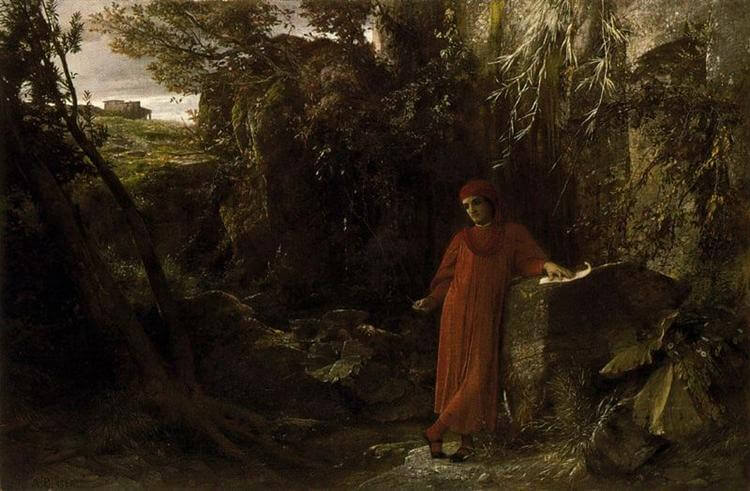Elijah Weaver is a writer and poet currently living in Oklahoma City with his wife and dog. He has a master’s in religion from Yale University and a master's in humanities from Ralston College. He is the founder of a consulting firm that provides classical American enterprises—like churches, non-profits, schools, and colleges—with the tools to fortify their brand and maximize their reach and impact in the digital age. He believes the flourishing of our culture is greatly dependent on the preservation of our textual tradition, from Homer to Dante and beyond.

